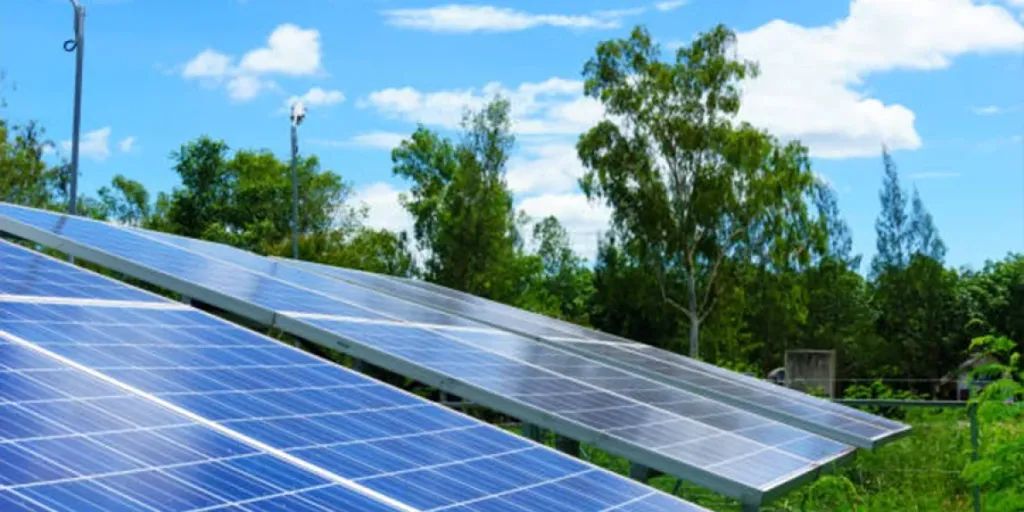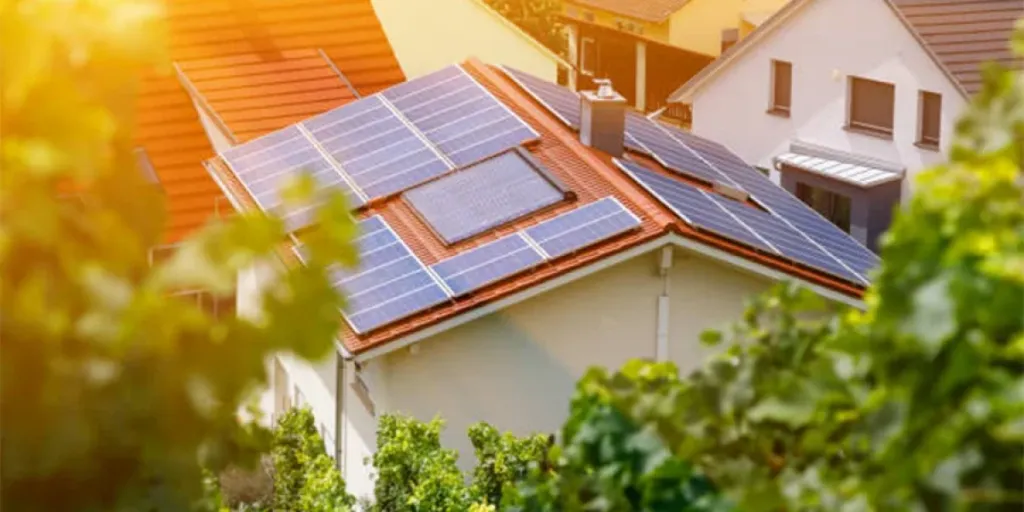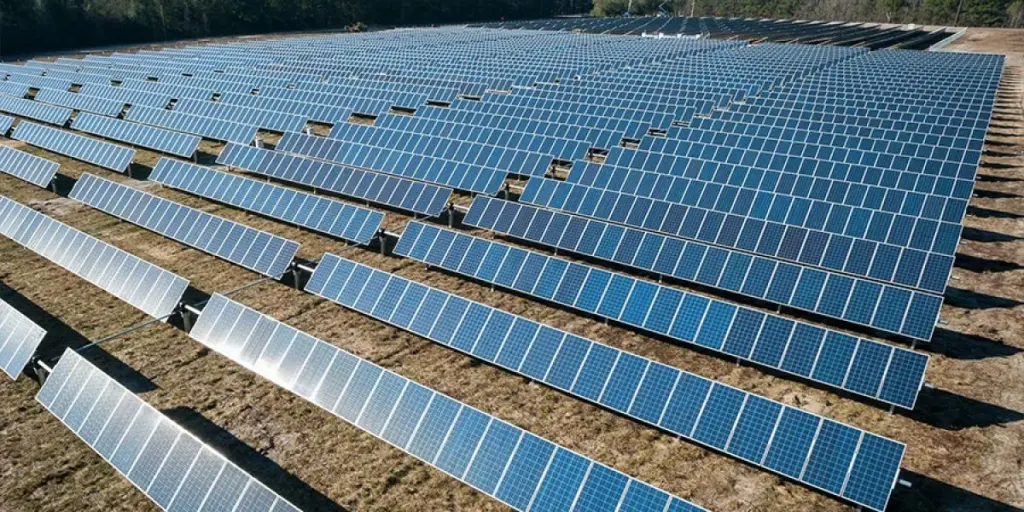- Renewables and low carbon electricity generation is the focus of Britain’s new Energy Security Strategy
- Target is for solar power capacity to be increased 5-fold by 2035 from the current 14 GW
- Rooftop solar, co-located solar and agrivoltaics will be encouraged and permitting processes eased
- Offshore wind target is to have 50 GW capacity by 2030 and 24 GW nuclear power by 2050
Stressing on power supply ‘Made in Britain, for Britain’, UK Prime Minister Boris Johnson has released the country’s new Energy Security Strategy that will see it increase its solar power capacity 5-fold from 14 GW as it stands now, by 2035, while aiming for 50 GW of offshore wind by 2030 and up to 24 GW nuclear power by 2050. This means the UK targets a total installed solar capacity of about 70 GW by 2035, equal to about 4 GW per annum in average.
For solar power, the government will amend planning rules to favor development on non-protected land with community participation, while continuing with large scale solar projects on previously developed, or lower value land.
Solar will also be encouraged as a co-location option with onshore wind, storage and as agrivoltaics. “For rooftop solar, we will bring down bills and increase jobs by radically simplifying planning processes with a consultation on relevant permitted development rights and will consider the best way to make use of public sector rooftops,” reads the strategy. “And we will design performance standards to make installation of renewables, including solar PV, the presumption in new homes and buildings.”
Low-cost financing will also be made available for rooftop deployment and energy efficiency measures. At the same time, the government promised to ‘slash’ its way through ‘needless and repetitive red tape’ as the country like the rest of Europe deals with soaring electricity prices with economy bouncing back after COVID-19, but dealt a blow with the Russian invasion of Ukraine.
“We’ve got the ambition, we’ve got the vision – and, with this plan, we’re going to bring clean, affordable, secure power to the people for generations to come,” said Johnson.
British solar industry lobby Solar Energy UK’s Chief Executive Chris Hewett enthusiastically commented, ‘The Government’s expectations of a five-fold increase in solar in the UK by 2035 show that it now shares the same level of ambition as the UK solar industry.” Solar Energy had recently published an energy security strategy briefing that summarizes the benefits of solar energy and the immediate impacts that deploying more solar will have on the UK energy crisis
Solar Energy UK, in its reaction to the strategy, said, “The Government has made clear its ambition to accelerate the deployment of solar, which is the most affordable renewable energy technology in the UK and the fastest to deploy. Doing so will make Britain more energy secure and reduce energy bills for consumers.”
The solar association emphasized that this new solar target could support 60,000 jobs. However, it also mentioned that this will require several measures to enable that growth. “There will need to be a significant and rapid investment in new grid infrastructure and further reforms to planning rules to expedite solar projects to achieve this.” It also underlined, that there is a major need to invest in skills and training to deliver accelerated deployment.
Other salient features of the government’s strategy are as follows:
- For offshore wind, the aim to deliver up to 50 GW by 2030 includes up to 5 GW of innovative floating wind as the country aims to become ‘the Saudi Arabia of wind power’.
- By 2050, up to a quarter of British power consumption needs to come from nuclear.
- Britain will double its ambition for hydrogen production to up to 10 GW by 2030, with at least half of this from electrolytic hydrogen.
- Remains committed to phase out use of Russian oil and coal by the end of 2022 and end imports of Russian liquefied natural gas as soon as possible.
Details of the Energy Security Strategy are available on the UK government’s website.
Source from Taiyang News




